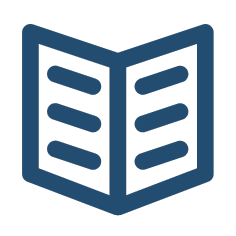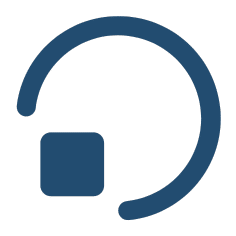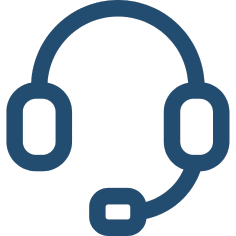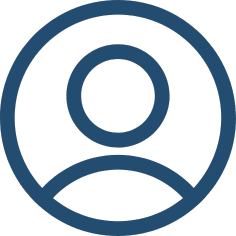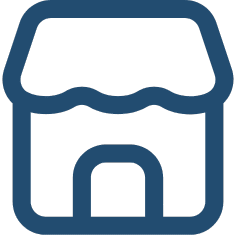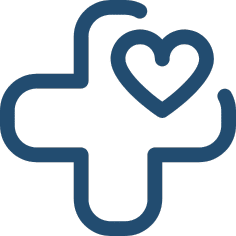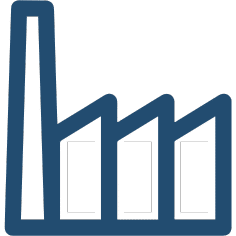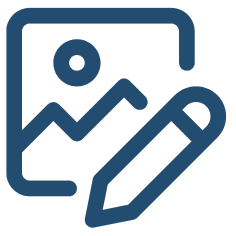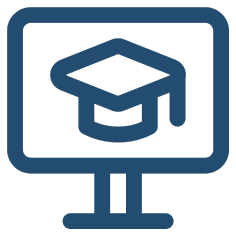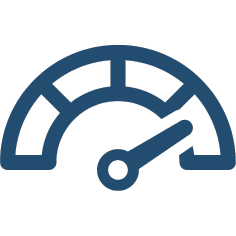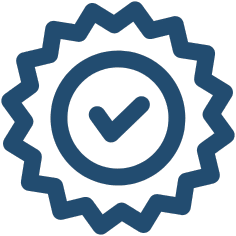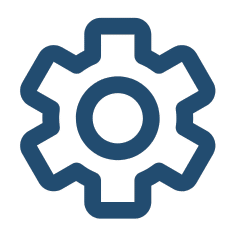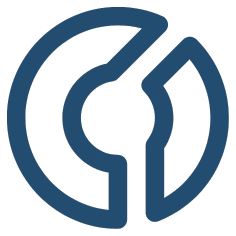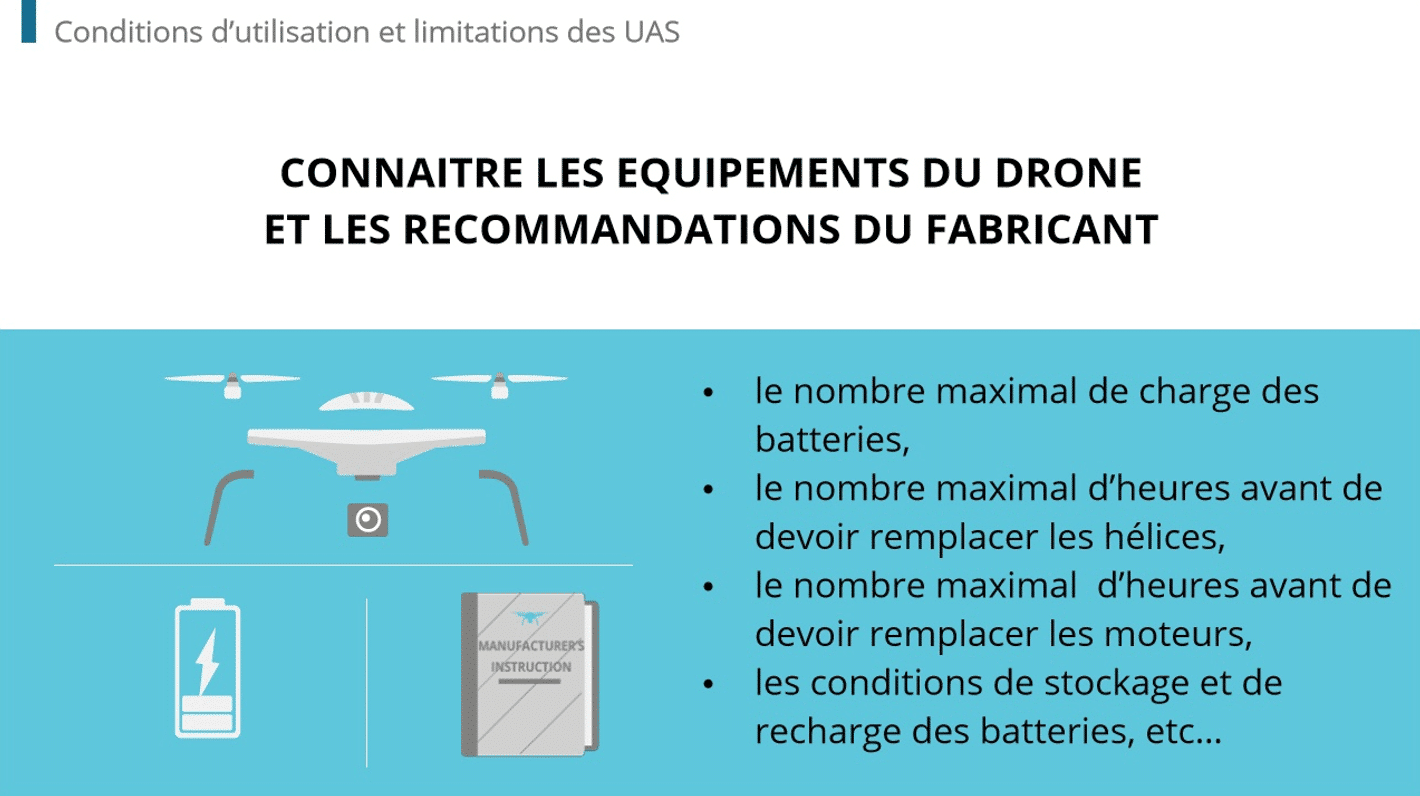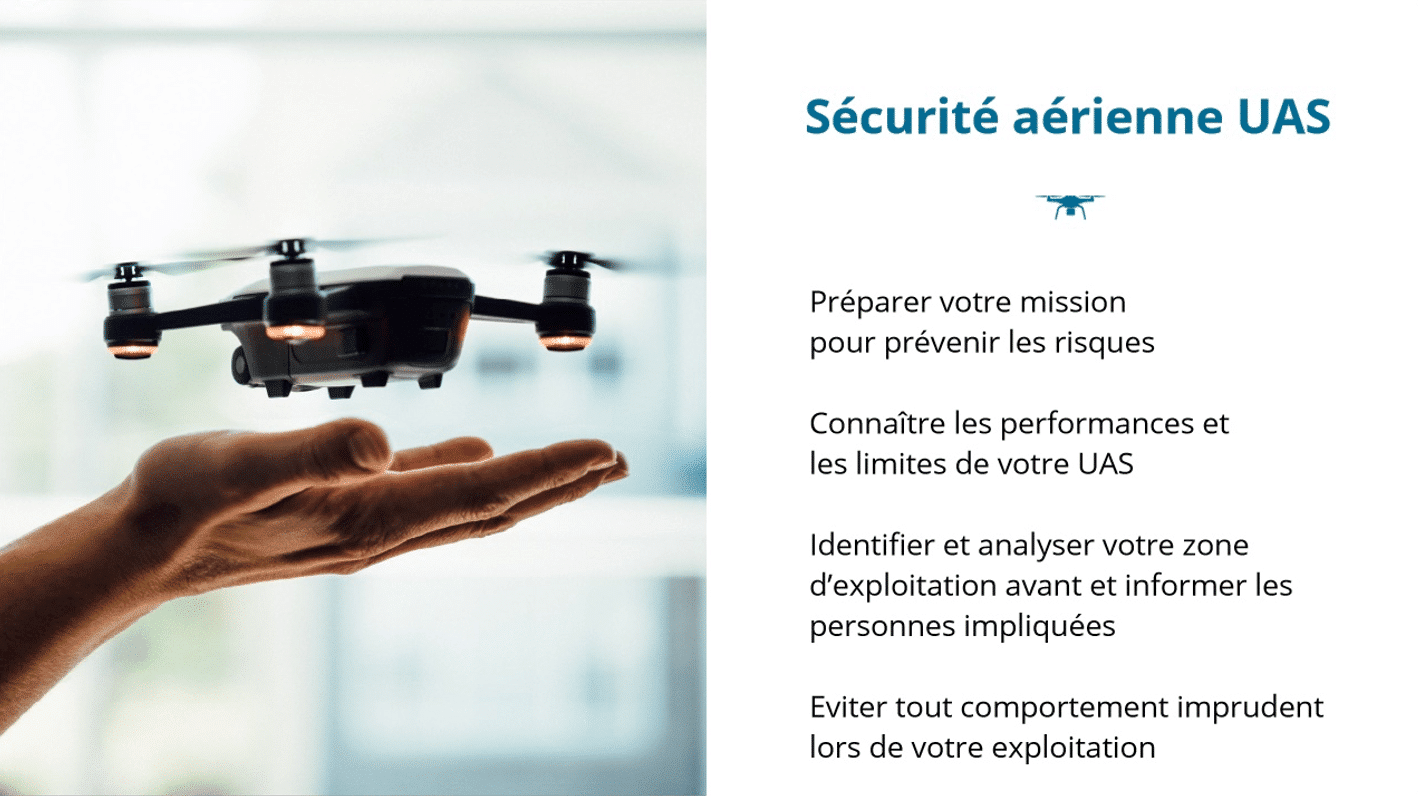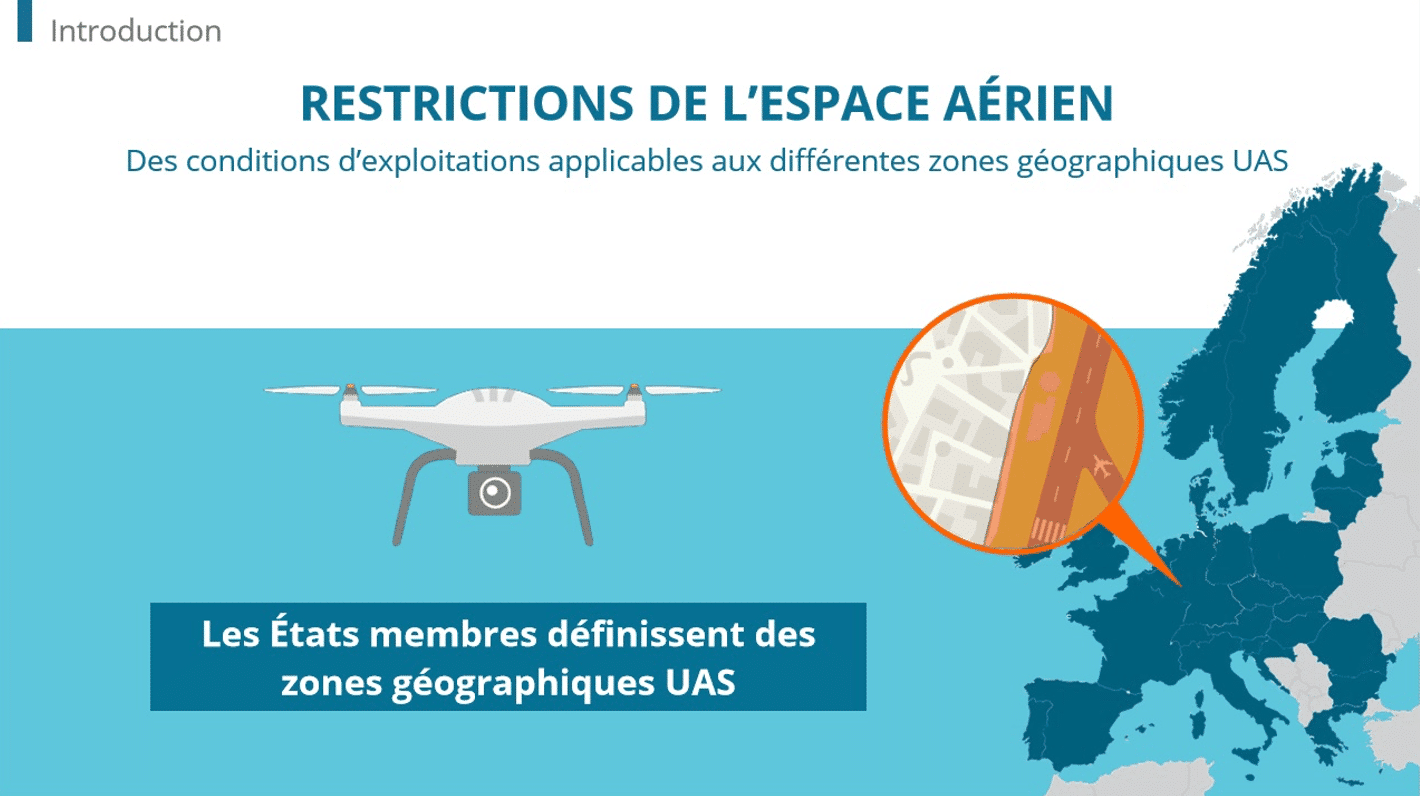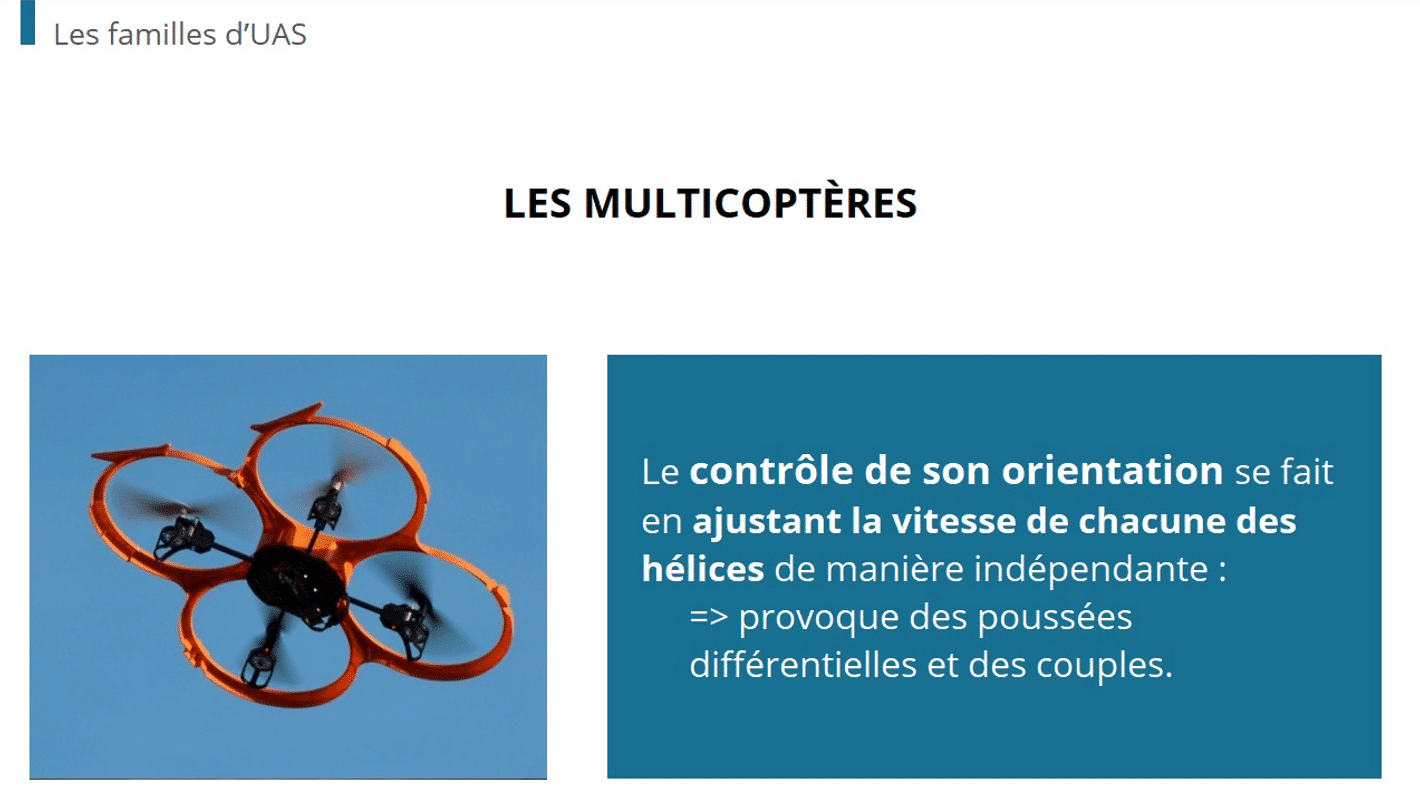Compliance Pressure in the U.S. Food Industry
Food and beverage manufacturers in the United States face relentless pressure from regulators, auditors, and consumers. Between HACCP, FSMA, USDA, FDA, ISO 22000, SQF, and BRCGS, every process must be documented, every team member trained, and every corrective action traceable.
The stakes are high. In 2023, the FDA recorded over 1,200 food recalls in the U.S., most tied to hygiene failures, labeling errors, or traceability gaps. A single incident can trigger costly recalls, loss of certification, or even plant shutdowns.
That’s why continuous workforce training is not optional—it’s operationally critical. Food safety training must be structured, traceable, and certifiable. And spreadsheets or paper binders simply can’t keep up anymore.
This is where a certification-ready Learning Management System (LMS) becomes indispensable—helping food companies maintain HACCP compliance, prepare for audits, and ensure a culture of quality across all facilities.
Why Training is Central to Food Safety Compliance
Unlike many industries, food manufacturing requires proof of compliance at every step of production. Under HACCP and FSMA guidelines, it’s not enough to follow good practices—you must demonstrate them.
That means being able to prove, at any time, that:
- A machine operator was trained on allergen cross-contact procedures.
- A sanitation worker completed cleaning and disinfection training.
- A line supervisor is certified to monitor Critical Control Points (CCPs).
Any gap—an expired certificate, a missing record, or an undocumented refresher—can result in non-compliance during an FDA, USDA, or third-party audit.
The challenge multiplies at scale. Large food companies operate dozens of plants, often with seasonal workers and high turnover. Without a digital solution, managing training becomes unmanageable.
The LMS as the Digital Backbone of Food Safety
A certification-ready LMS does more than host courses. In food manufacturing, it plays three critical roles:
1. Structuring Training Around Standards
An LMS allows companies to build training programs directly aligned with HACCP, FSMA, SQF, ISO 22000, BRCGS, and internal quality policies. This includes modules on:
- Personal hygiene and handwashing
- Allergen management
- Cleaning and sanitation procedures
- CCP monitoring and corrective actions
- Equipment handling and safety
Training can be assigned by role (line worker, sanitation crew, QA manager), production zone, or specific risks. Updates are centralized, ensuring that when a SOP changes, all training reflects the new standard—without breaking documentation chains.
2. Making Training Accessible on the Floor
Food production workers don’t sit in offices—they’re on the line. A food-ready LMS delivers learning directly to where people work: kiosks, tablets, or even shared devices on the shop floor.
Workers without email addresses or computer access can log in via a badge, QR code, or HR integration. Training is quick, accessible, and embedded into daily routines. This is especially critical for seasonal hires, contractors, and temporary staff, who need to be onboarded fast without disrupting production.
3. Enabling QHSE and Quality Teams to Prove Compliance
For Quality, Safety, and Production managers, the LMS becomes an audit-proof evidence system. It archives training records, tracks completions, automates recertification reminders, and generates consolidated reports.
When an auditor, customer, or regulator requests proof, the LMS instantly provides:
- Who was trained
- On which procedure
- When training occurred
- With what result
No more chasing paper files or Excel trackers—compliance evidence is available at the click of a button.
Audit-Ready: From Paperwork to Real-Time Proof
Imagine a third-party SQF audit in a 500-employee dairy processing facility. With a certification-ready LMS like Dokeos, the QA team can:
- Pull up real-time training histories for each operator by line and shift.
- Automatically generate certificates for HACCP and sanitation modules.
- Demonstrate that all training content is regularly updated to reflect SOP and regulatory changes.
- Prove that critical training (allergen handling, CCP monitoring, sanitation) was completed on time.
Instead of scrambling with binders and spreadsheets, the LMS provides a real-time compliance dashboard.
But its value goes beyond “passing audits.” By analyzing data, companies can:
- Identify departments with overdue training.
- Predict where compliance risks are likely to appear.
- Prioritize corrective actions before auditors even arrive.
In other words, the LMS turns training into a strategic quality tool, not just an administrative requirement.
From Compliance to Continuous Improvement
A certification-ready LMS is not just about “checking boxes.” It helps transform training into a lever for operational excellence.
For example:
- By analyzing training gaps, QA managers can reduce sanitation failures that lead to recalls.
- By standardizing hygiene protocols across plants, companies can reduce variation and improve consistency.
- By linking training data with incident reports, food companies can prove that proactive training reduces risks.
This aligns directly with ISO 22000 and GFSI principles, which encourage not only compliance but also continuous improvement in food safety management systems.
At a corporate level, consolidating training data across multiple sites gives leadership a group-wide view of QHSE maturity. This visibility is invaluable for risk management and strategic decision-making.
Case in Point: Dokeos for Food Manufacturers
Over the past two decades, Dokeos has become a trusted LMS for highly regulated industries, including food and pharmaceuticals.
Here’s what it offers food manufacturers:
- Multi-site architecture: Create separate portals for plants or subsidiaries while maintaining group-wide standards.
- HACCP-ready training paths: Certifiable modules, quizzes, and post-training checklists aligned with global standards.
- Real-time reporting: Automated dashboards showing completion rates, expired certificates, and compliance gaps by line or site.
- Seamless integration: Connect with HR and TMS systems, ERP, or QMS tools to eliminate silos.
One global food manufacturer summed it up:
“With Dokeos, we no longer panic before audits. We know exactly who is trained, on what, and when. The platform has turned compliance from a headache into a business advantage.”
A Strategic Tool for Food Safety
In the U.S. food industry, compliance is non-negotiable. Between HACCP, FSMA, and global standards like ISO and SQF, training must be documented, certifiable, and instantly auditable.
A certification-ready LMS ensures that:
- Compliance is built-in with HACCP, FSMA, and ISO-aligned training.
- Workers are trained faster, whether they’re full-time staff or seasonal hires.
- Audits are simplified, with instant access to certificates and training records.
- Quality improves continuously, with insights driving proactive risk reduction.
For food manufacturers, this is no longer just about avoiding fines or recalls—it’s about protecting brand reputation, ensuring consumer safety, and maintaining operational excellence.
👉 See how Dokeos LMS can help your teams stay compliant and audit-ready. Start your free trial today.
FAQ
1. What LMS features are essential for food manufacturing?
A food industry LMS must support HACCP and FSMA training, generate certifiable records, work without employee email addresses, and integrate with QMS and HR systems.
2. How does an LMS support FDA and USDA compliance?
It ensures employees are trained on required protocols (allergen control, sanitation, CCPs), automatically tracks certificates, and provides audit-ready documentation.
3. Can an LMS help with HACCP certification?
Yes. An LMS structures HACCP training, assigns modules by role, tracks completions, and generates certificates required for HACCP audits.
4. How does a certification-ready LMS reduce recall risks?
By ensuring that all employees are properly trained and recertified, it reduces errors tied to hygiene, allergen handling, and process deviations—the leading causes of recalls.
5. What standards should food manufacturers align with in the U.S.?
Key standards include HACCP, FSMA, ISO 22000, SQF, BRCGS, and site-specific customer requirements. A strong LMS can align training with all of these simultaneously.






